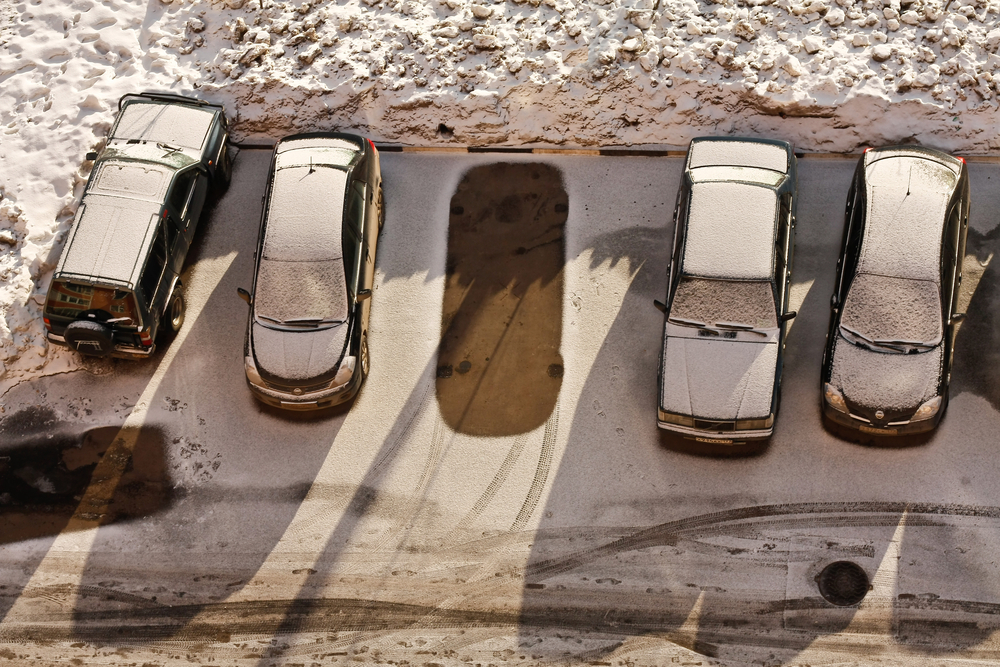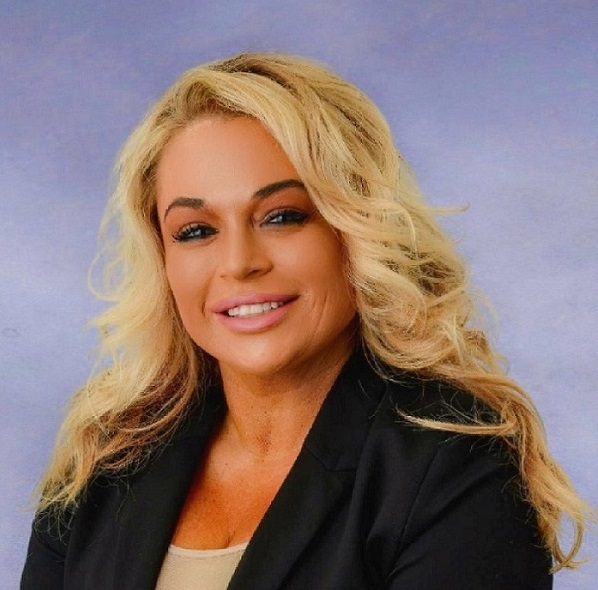Who Files the Auto Claim After a Car Is Stolen from a Repair Shop?

By: Big “I” Virtual University Faculty
A personal auto client has liability coverage only on his car. He brought it to a franchise repair shop and the car was stolen while in the shop’s care, custody and control.
Q: Our client and our agency have been trying to contact the shop to ask them to turn in a claim to their carrier, but they are denying any responsibility and will not give us the carrier information to turn in a claim. I was under the impression the shop could not legally deny us the ability to turn in a claim to its carrier. They have told us to deal with their lawyer.
Can I tell the shop’s lawyer that we have a right to turn in a claim?
Response 1: I’ve never tried it myself, but I’ve heard that giving unsolicited legal advice to other people’s lawyers is not a profitable pastime.
You have no standing in this matter and you should stay out of it. Your client didn’t buy physical damage insurance, so he’s on his own. Your best course is to recommend that he talk to his attorney or perhaps consider a claim in your state’s small claims court if this is, in fact, a small claim.
Giving legal advice to your client is just as bad an idea as giving it to the garage owner’s attorney. Smart agents don’t do it.
Response 2: The repair shop is not obligated to share information about their garagekeepers insurance coverage with your client. If they have coverage, there are two coverage forms: direct, which is broader and more expensive, and a legal liability form. Most dealers and garages carry only the legal liability form. You will need to establish that the repair shop is negligent and legally liable in order to trigger coverage.
I don’t believe there is a statutory requirement to carry garagekeepers coverage and they are not obligated to share that information with your client. Direct action against the insurer is probably not an option. The potential claim is against the repair shop. Since your client does not have comprehensive coverage, he may want to talk with his attorney before reaching out to the dealership’s attorney.
Response 3: Under common law, a bailee is not liable for the loss or damage to property of others in their care, custody and control unless they are negligent. Possession only does not make them liable.
When a bailor—the property owner—turns their property over, the bailee is only responsible to protect the property of the bailor in the same manner that they protect their property. Some states have enacted statutes that address the issue of bailee liability. Check your state statutes to see if that applies.
However, this is a mutual bailment because both parties benefit—one gets paid for the services and the other gets repairs. Often, liability varies depending on whether the bailment is mutual or only for the benefit of one of the parties.
Otherwise, if your state has no statute making the bailee liable, the shop is correct.
Response 4: I believe it would be unusual for a state to require that a claimant be privy to the identity of another party’s insurer.
Have they given you the name of their lawyer? Institute a written claim against the at-fault party and copy their lawyer. On a related note, was there any formal agreement signed before the vehicle was consigned to the repair shop? If so, it should be reviewed.
Response 5: Your client does not have any rights under the insurance policies purchased by the repair shop. What does the repair contract state about responsibility for the vehicle? Does it state that they are not responsible for theft or damage? What is the estimated actual cash value of the stolen vehicle?
You state the repair shop is a franchise—you could go up the ladder to try to influence the franchise to help your client. But unless there is legal liability on the part of the repair shop, that is unlikely.
Response 6: I would have the insured turn in a claim and then have the client’s carrier subrogate. The insurance carrier has greater resources to bring an action.
Response 7: These are legal, not insurance, questions. This is what can happen when you don’t buy physical damage coverage. For errors & omissions purposes, you should confirm with your carrier that documentation exists to prove you offered full coverage on the client’s personal auto policy.
Response 8: Email the attorney, starting with the repair shop to report the claim to them and explain the circumstances. Then, advise your client that you have done all you can do and suggest he retains legal counsel of his own.
You are dangerously close to working outside your scope as an insurance agent. An insured who chooses not to carry physical damage is ensuring that they will be responsible for finding a way to resolve this type of situation. You are not responsible for solving that conundrum for them.
This question was originally submitted by an agent through the Big “I” Virtual University’s (VU) Ask an Expert Service, with responses curated from multiple VU faculty members. Answers to other coverage questions are available on the VU website. If you need help accessing the website, request login information.










